For many of us, writing isn’t our primary job. We have day jobs, night jobs, side jobs, odd jobs, freelance jobs, and job jobs. While we’re working toward writing becoming our full-time job, we just do not have the luxury of having it yet. In the meantime, we seize our free hours and moments, developing stories and getting better at our craft.
But this month? No. This month, writing is your job. Priority uno.
The truth about NaNoWriMo is that while 1,667 words a day for a month seems perfectly manageable, it’s realistic that you will not get to write every day. You might miss one day a week, and then you have some extra words to make up. You might miss a few days in two weeks, and your word count will continually snowball from there. It can become overwhelming very quickly.
 I’ve only done NaNoWriMo twice, but I have some tips for success so that you won’t feel overwhelmed during November.
I’ve only done NaNoWriMo twice, but I have some tips for success so that you won’t feel overwhelmed during November.
- 1. Sit down with your loved ones. Tell them you will be writing every day, and it will take at least an hour. That hour is yours. That hour is damn-near holy. Tell them they cannot disturb you during your writing session. Assure them they will survive your absence for that hour.
- Write more than 1,667 words per day. When you’re in the zone and you’ve reached your 1,667-word goal, keep going. Go until your brain starts to get tired and fuzzy. Keep going until your alarm goes off or your kid storms in and demands you change his diaper.
- Treat yo self on days you’d rather be doing anything but writing. Promise yourself a cookie when you finish your word count. Get a drink at the bar after writing. Ignore the rest of your to-do list and take a magical bubble bath and listen to your favorite podcast.
- Go to the library or coffeeshop to write. If you live in the middle of no where, go outside and write. Sometimes, staying in the same place to write can be distracting. Being in our house, apartment, or space can be distracting. There are a hundred other things you could do in your space instead of write. Don’t let yourself become tempted to do something else.
- Close all tabs in your internet browser. You can now only use the internet to Google a fact or for research during your writing sessions.
- Turn off your phone, or at least silence that mofo.
- Commiserate with writing buddies. Don’t have any writing buddies? Sign up on the NaNoWriMo website and find your local chapter. Research a Facebook group or a forum dedicated to NaNoWriMo.
- Plan a big reward at the end of November. A small trip, a vacation, a tub of your favorite ice cream, tickets to see your favorite band, a camping trip. Whatever it is, make sure it’s a big deal to you, and make sure you don’t buy your tickets until you have officially written 50,000 words in November.
Got more tips or tricks for staying focused during NaNoWriMo? Write them in the comments below!

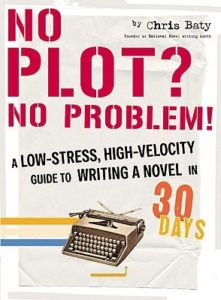
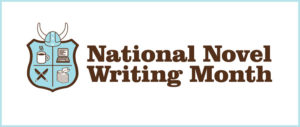
 As my fellow Fictorians are showing you so far this month, there are many ways to set yourself apart as a writer. In my mind, the most memorable way to set yourself apart is voice, to the surprise of no one. In past posts, I’ve highlighted how you might
As my fellow Fictorians are showing you so far this month, there are many ways to set yourself apart as a writer. In my mind, the most memorable way to set yourself apart is voice, to the surprise of no one. In past posts, I’ve highlighted how you might 
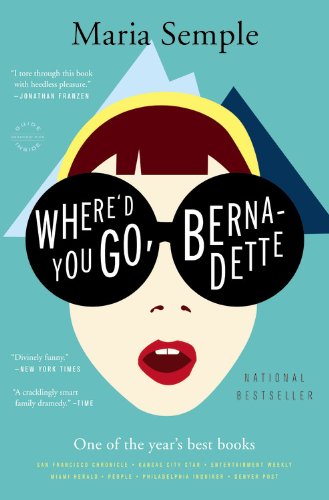
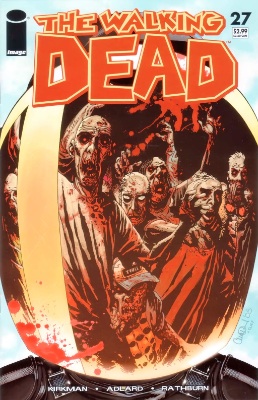 Robert Kirkman
Robert Kirkman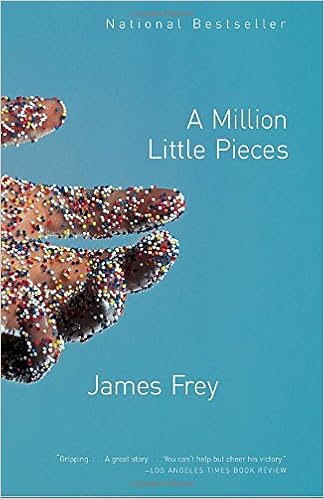 I would be remiss if I didn’t point out an author I’ve mentioned many times in my Fictorians posts who is, in my mind, the king of grammatical voicing:
I would be remiss if I didn’t point out an author I’ve mentioned many times in my Fictorians posts who is, in my mind, the king of grammatical voicing: 

